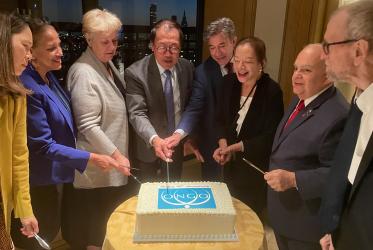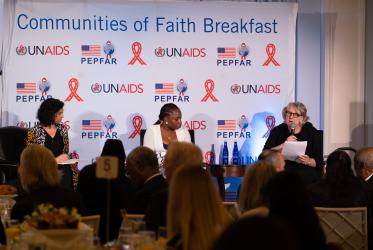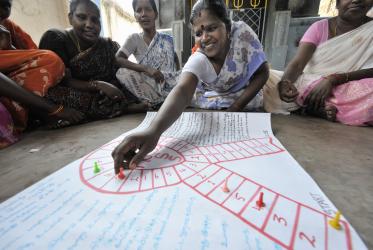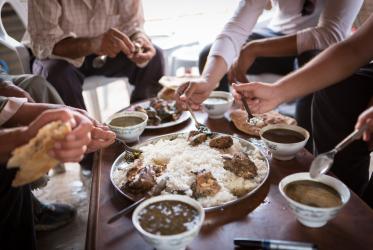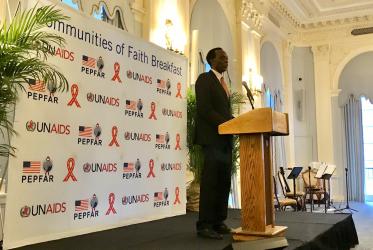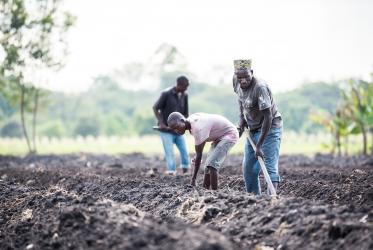Displaying 1 - 20 of 57
Ukraine: Responding to humanitarian need
08 September 2022
A faith-based, holistic approach to HIV and AIDS-care
13 March 2019
Turning mercy and compassion into action
04 March 2019
Pan African Women of Faith issue fervent Call to Action
20 November 2018
